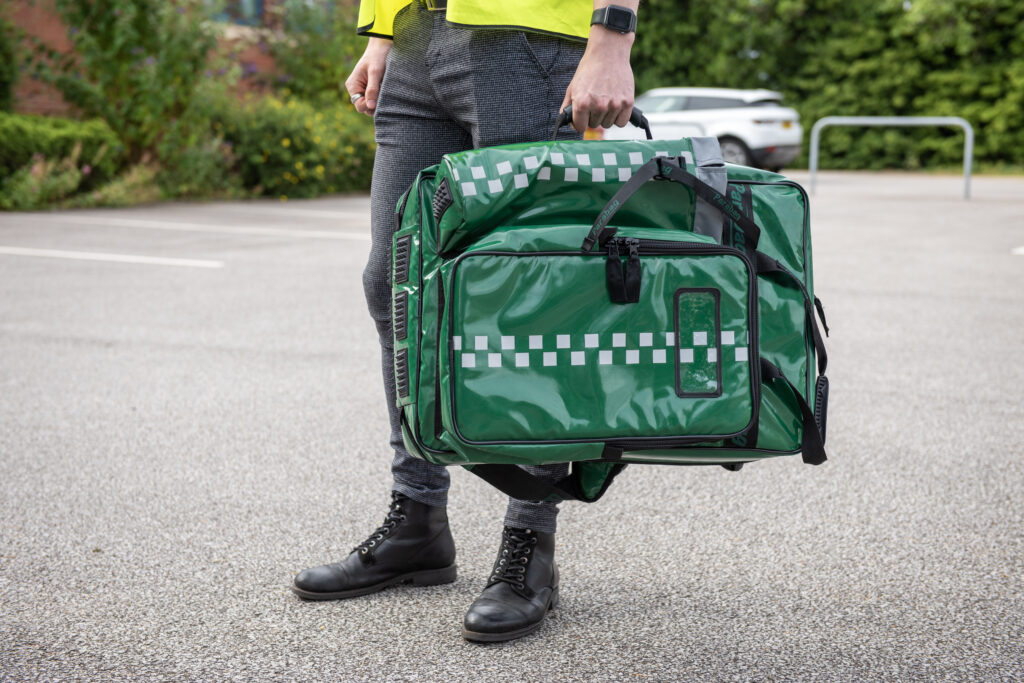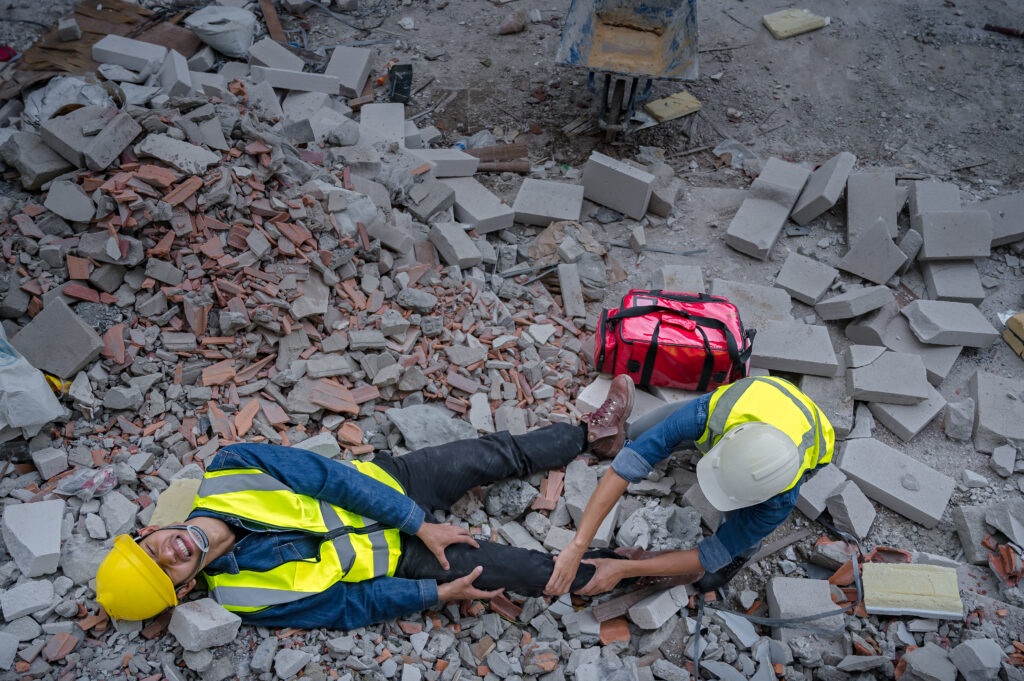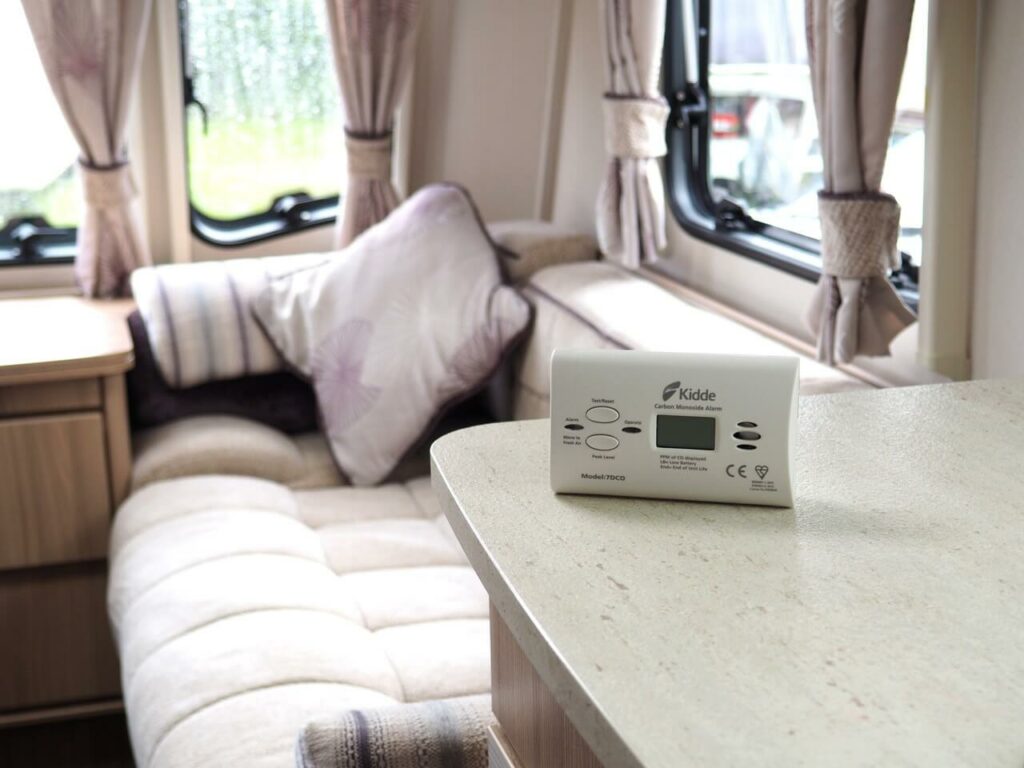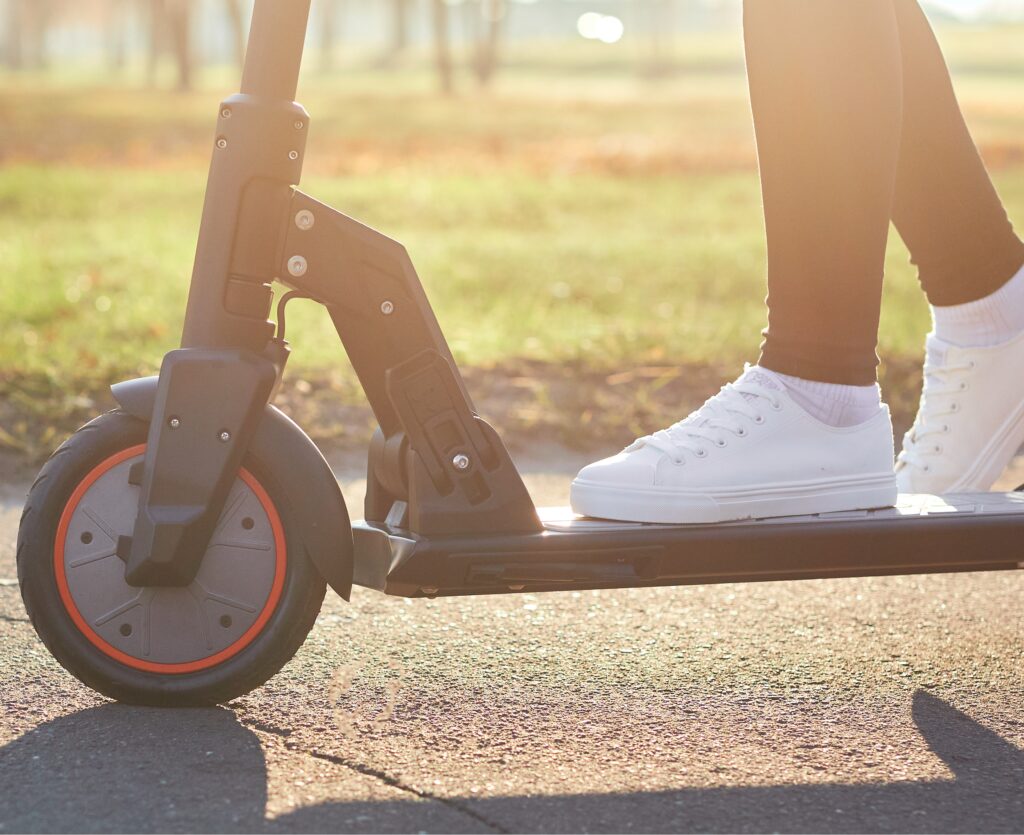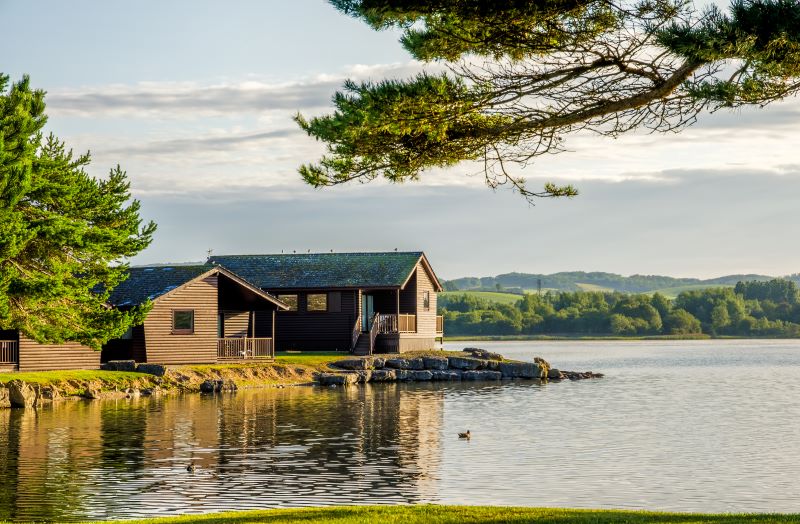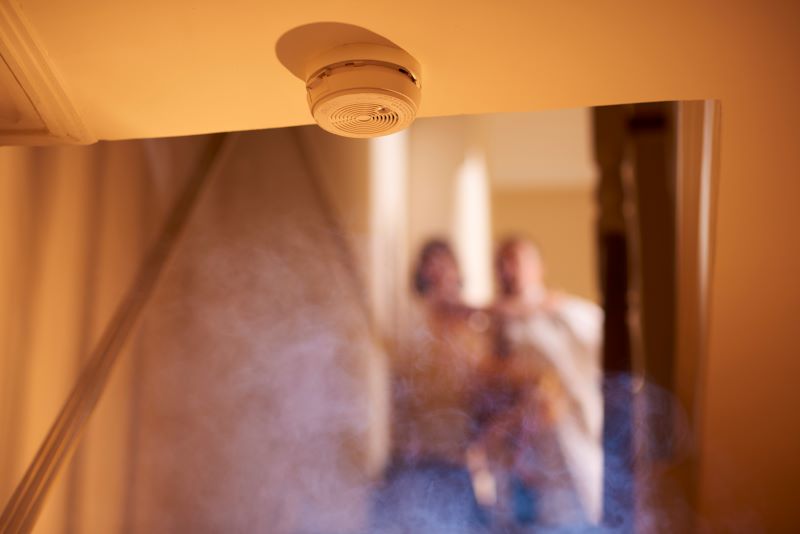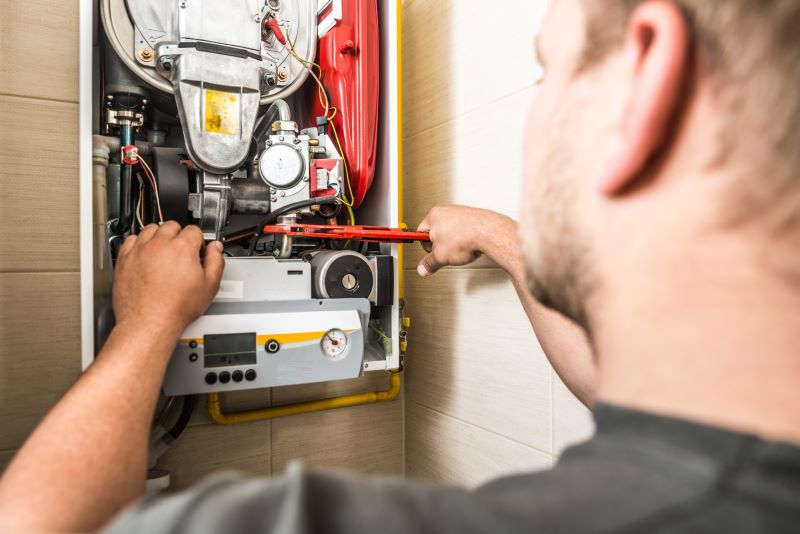Monday 2nd September 2024
What is fire extinguisher commissioning?
Fire extinguisher commissioning is the initial inspection of new fire extinguishers by a qualified fire extinguisher engineer. This inspection involves looking for visible faults, or signs of damage to the extinguisher which may have occurred during transit. It is essential that these inspections are done on-site where the extinguisher will be installed, as a damaged extinguisher may not be effective in an emergency. Depending on the type of damage it could even cause harm to the user if deployed.
Enquire about our On-site Commissioning & Installation service today
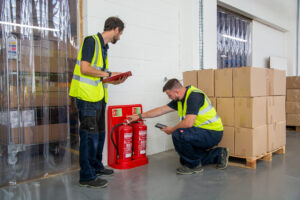
Do my fire extinguishers need to be commissioned?
British Standard BS5306-3:2009 specifically requests on-site commissioning to be completed after transportation. Suppliers will deliver new extinguishers containing the required fire fighting medium, meaning that they are technically ready for use. However, fire extinguishers must never be used, or installed, until a qualified engineer has commissioned the unit. This is because no matter how strong the supplier’s quality checks are, there can be no guarantee that the unit is safe for use, as it may have been damaged in transit.
To ensure that new fire extinguishers are fit for purpose, they should always be purchased through a reputable supplier which has third party certification. This includes BAFE accreditation, which can only be obtained by organisations that have demonstrated that the services and products they provide conform to recognised standards. This provides peace of mind about quality and compliance.
Our On-site Commissioning & Installation service is available for all fire extinguishers. Contact our friendly servicing team today on 0800 612 4827 for more information.
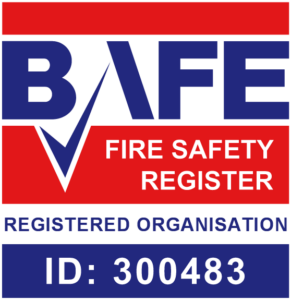
Can I buy pre-commissioned extinguisher
No reputable fire safety company will supply pre-commissioned fire extinguishers. While this option may appear convenient, in practice, it could mean that the extinguisher will not work if a fire breaks out. The extinguisher may have been deemed safe for use at the suppliers warehouse, there is no way to guarantee that the unit has not been compromised on its way to the end user. Some issues may be obvious, and could be picked up by a member of staff on arrival. However, some damage may be more subtle, and can only be identified by a qualified engineer.
On-site fire extinguisher commissioning is therefore a requirement which protects the user. While providing organisations with peace of mind that their extinguishers will be fit for use in the event of a fire. The practise of pre-commissioning puts the customer both at the risk of injury and exposes them to substantial legal liabilities.
Risks of pre-commissioned extinguishers
- Cylinders may be dented, which may impact the medium they contain
- Tubing can become detached or damaged, meaning the medium cannot be expelled effectively, or at all
- Handles and safety pins can get bent to a degree that they cannot be used in an emergency. This often happens when low quality fire extinguishers rest on their heads in transit
- Extinguishers containing CO2 can leak during transit. This type of extinguisher does not have a pressure valve, and so only a careful weight test during commissioning (removing the horn and measuring with precision scales) will reveal any loss in pressure and weight
- End users require a certificate by an engineer to state that their premises are covered in accordance to the British Standard. A pre filled in servicing label on the extinguisher does not certify that the extinguisher is installed in the correct position, or that it is in fact the right extinguisher for the risks present at the location
Fire extinguisher commissioning vs servicing
Fire extinguisher commissioning must be done by a trained engineer upon installation, to ensure that it is fit for purpose. This includes ensuring that it is the right type of extinguisher for the risks present in the area, and that it is not damaged or otherwise compromised. Commissioning must be done before the extinguisher is used, as it may not be safe to discharge, even in the event of a fire.
Fire extinguisher servicing often involves similar checks by a trained engineer, but is not required upon installation. Depending on the type of extinguisher and its age, this can sometimes involve disassembly and refilling. To comply with British Standards, steel fire extinguishers need to be serviced annually. Failure to do so puts lives at risk, and there could be legal action if the servicing has not been completed. Especially, if an extinguisher fails to discharge, or causes harm to the user in the event of a fire. Servicing also ensures that the Responsible Person is made aware when their extinguishers are nearing their end of life, so that replacements can be sourced in good time.
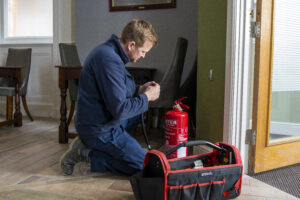
Service-free extinguishers do not need to be serviced annually by an engineer. However, they must still be commissioned on site upon installation, and visually checked by a trained member of staff annually.
Servicing and Commissioning Options
Always ensure that fire extinguishers are supplied by a reputable company with third party accreditation, and commissioned upon installation by a qualified engineer. This ensures that the extinguisher is fit for purpose, and ready for use in the event of a fire. Commissioning and annual servicing in line with British Standards also protects organisations from legal action in the event of a fire, particularly if an extinguisher is damaged or faulty when required.
For more information about fulfilling your extinguisher installation and maintenance requirements, contact Safelincs on 0800 612 4827 or email support@safelincs.co.uk.

